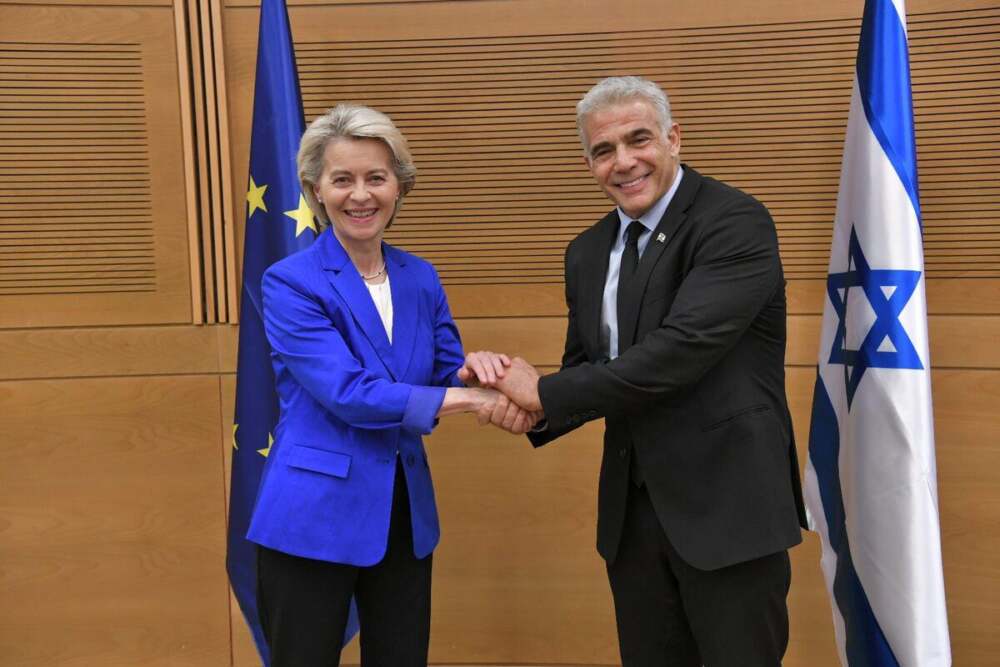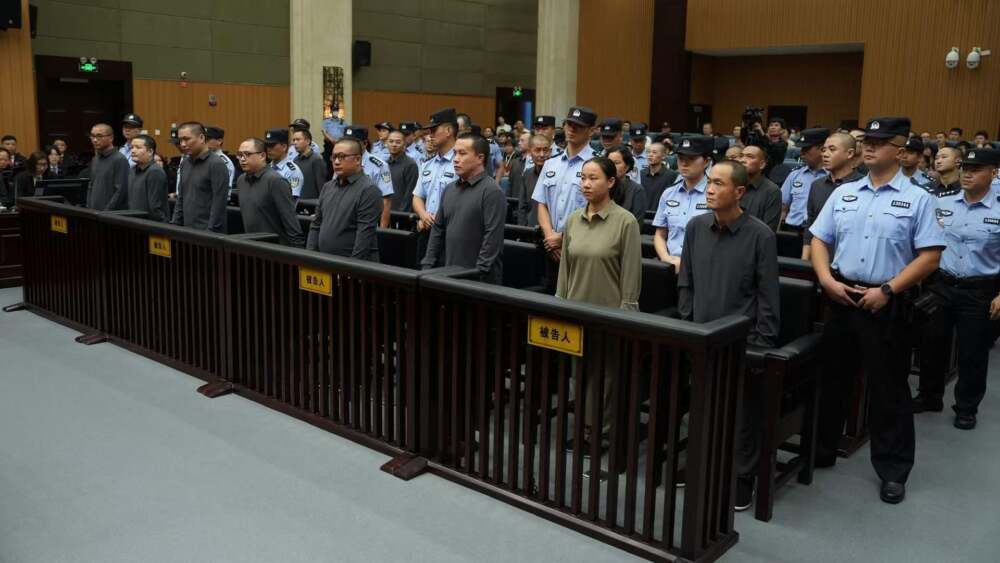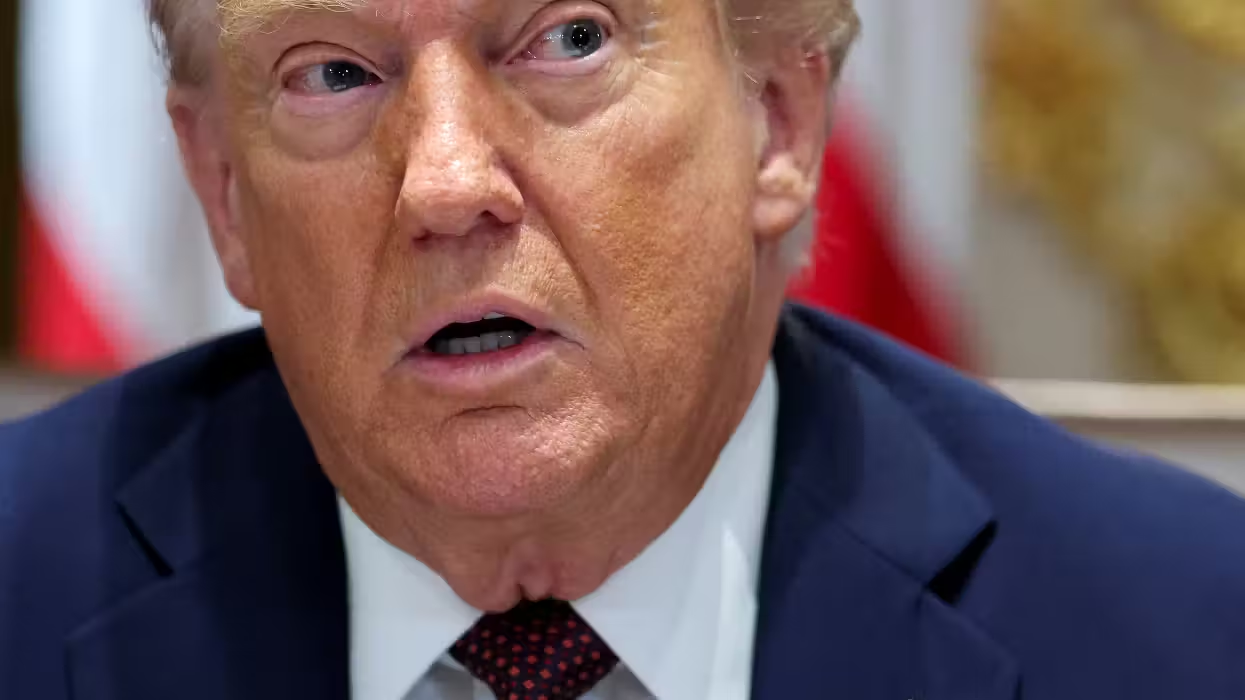The European Union has unveiled plans to impose new tariffs and sanctions on Israel, marking one of the strongest policy responses yet to the ongoing war in Gaza. The proposed measures include suspending trade privileges, sanctioning senior Israeli officials, and targeting extremist settlers accused of fueling violence.
Key Proposals
- Trade Measures: The EU is considering revoking tariff-free access for a wide range of Israeli goods. This would mean higher import duties on products that currently enjoy preferential treatment under EU–Israel trade agreements.
- Funding Freeze: Certain EU funding streams directed toward Israel are set to be suspended or cut, including programs that critics argue indirectly support the military campaign.
- Targeted Sanctions: Travel bans and asset freezes are being drafted for two far-right Israeli ministers, Itamar Ben-Gvir and Bezalel Smotrich, along with a number of extremist settlers accused of violence in the West Bank. Senior Hamas figures are also expected to be included on the sanction list.
Why the EU Is Acting
The proposals come amid mounting pressure from human rights groups and EU lawmakers who accuse Israel of committing severe violations in Gaza. Civilian casualties, blockades on aid, and allegations of war crimes have fueled demands for accountability. The EU has long tied its trade agreements to respect for human rights, and many argue that Israel’s actions now breach those terms.
Divisions Inside Europe
Despite strong momentum in Brussels, EU member states remain divided. Countries like Germany have expressed reservations, fearing diplomatic consequences and destabilization of regional relations. Because the sanctions require a qualified majority to pass, achieving consensus may prove challenging.
Israel’s Response
Israeli leaders have condemned the proposals as unfair and politically motivated. Officials argue that the measures ignore Israel’s right to defend itself and insist that external pressure will not alter their military strategy. They also warn that such steps could damage relations with Europe at a time of heightened security risks.
Possible Impact
If implemented, the sanctions could have a significant effect on Israel’s economy, particularly in sectors dependent on European markets. Politically, they would represent a sharp shift in EU-Israel relations, signaling that Europe is willing to go beyond statements of concern and take tangible punitive action.
For Gaza, the practical impact remains uncertain. Advocates of the sanctions hope they will force greater humanitarian access and push both sides closer to negotiations. Critics, however, caution that sanctions alone may not be enough to end the bloodshed or prevent further escalation.













Leave a Reply